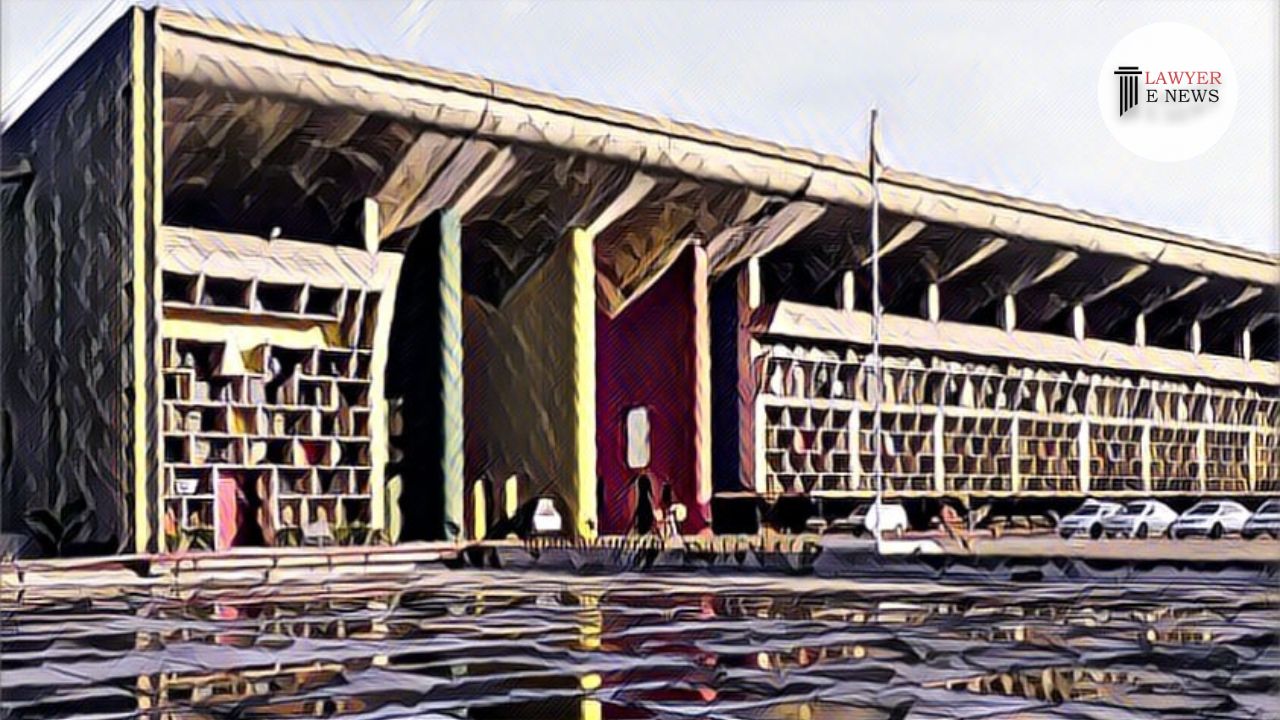-
by Admin
19 February 2026 3:14 PM



In a important ruling, the Punjab and Haryana High Court overturned the Union of India's decision to cancel the appointment of Deepak Kumar to the Indo Tibetan Border Police Force (ITBP). The case, presided over by Hon'ble Mr. Justice Jagmohan Bansal, centered around the implications of a candidate's acquittal in a criminal case on their eligibility for public service employment.
Deepak Kumar's appointment was initially revoked by the ITBP following his acquittal on charges related to a case filed under the POCSO Act, 2012. The acquittal, which was extended on the benefit of doubt, was deemed insufficient by the ITBP, citing guidelines from the Ministry of Home Affairs.
Justice Bansal, in his judgment, emphasized the necessity of a nuanced approach in such cases, stating, "The term ‘benefit of doubt’ cannot detract from the impact of the acquittal.” This observation underlines a significant shift in the judicial attitude towards the treatment of acquitted individuals seeking public employment.
The court's decision was influenced by several precedents, including the landmark rulings in Avtar Singh vs. Union of India and Joginder Singh vs. Union Territory of Chandigarh. These cases highlighted the importance of considering the nature of an acquittal and the candidate’s antecedents in their entirety before making employment decisions in sensitive sectors like the armed forces.
The High Court's directive to reconsider Kumar's appointment within four weeks is seen as a progressive step towards ensuring fairness in public employment. This decision reinforces the principle that acquittal in a criminal case, especially on the grounds of benefit of doubt, should not automatically disqualify a candidate from serving in positions of public trust and responsibility.
Date of Decision: 09.01.2024
Deepak Kumar VS Union of India and others
